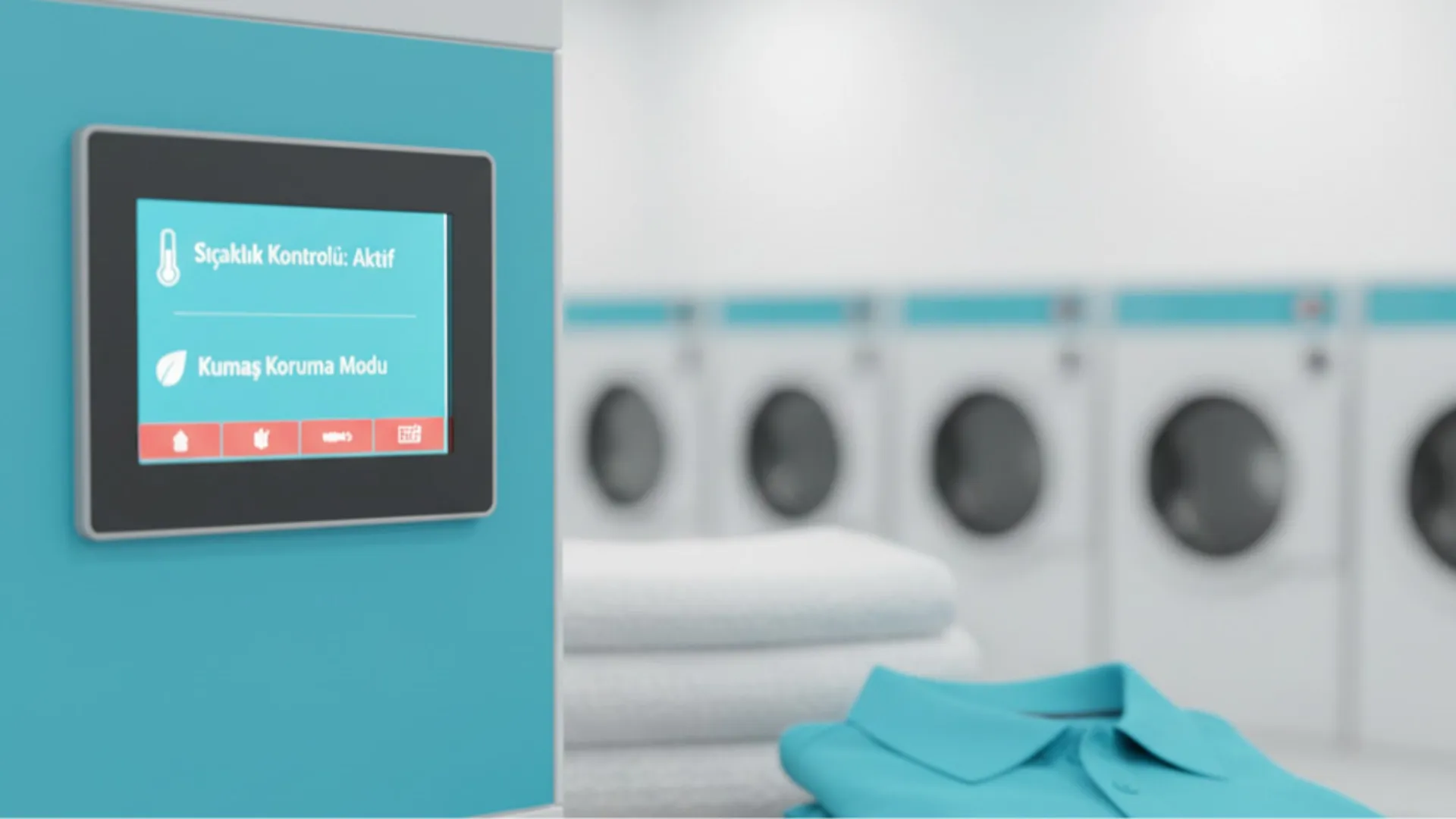In corporate operations, quality standards are reinforced through supplier selection, process control, and documentation management. When choosing a professional textile washing service, organizations should prioritize ease of implementation, training support, and equipment compatibility. Chemical selection, temperature control, mechanical balance, and timing optimization must be coordinated together. Service providers offering industrial cleaning chemicals and stain-removal technologies supply formulations that preserve fabric durability. Supplier audits, safety data evaluation, and adherence to operational guidelines are crucial. Quality assurance is documented through test protocols, sampling, and performance records. Monitoring capacity, machine load, and washing parameters ensures both hygiene and energy efficiency. Contracts should clearly define service continuity and emergency plans. Continuous improvement and measurable KPIs form the backbone of sustainable quality management, integrating staff training, process standardization, and technology investment.
Establishing Quality Standards Through Professional Textile Washing Services
Managing washing capacity is fundamental for operational efficiency, cost control, and fabric preservation. When planning at scale, organizations must evaluate professional textile washing services with precise capacity analysis, machine sizing, and program optimization. Close coordination with service providers ensures proper dosing, temperature, and cycle duration. Overloading can weaken fabric fibers due to friction and pressure; therefore, defined load limits and control plans are essential. KPIs should measure cost per wash, water and energy consumption, rewash rate, and quality deviation. Integrating stain-removal technologies and testing compatibility across materials enhances consistency. Skilled operators minimize dosing errors and support data-driven improvements. Management teams can use performance reports to plan maintenance and investments, ensuring continuous operational quality.
Ensuring Hygiene and Effectiveness with Industrial Cleaning Chemicals
Chemical management lies at the heart of institutional hygiene performance. Selecting the right products ensures both hygiene and material compatibility. Industrial laundry environments require chemical evaluation through safety data sheets, usage guidelines, and environmental impact assessments. Professional service providers ensure proper storage, labeling, and staff training. Chemical dosing, enzyme activation, and neutralization must align with hygiene protocols. Product selection should consider stain-removal efficiency, fabric durability, and waste management requirements. Recipes balancing safety, energy efficiency, and waste reduction should be adopted. Trained teams ensure correct chemical use and machine optimization, sustaining quality and compliance. Collaborative protocols between organizations and providers ensure traceability, performance, and standardization.
Stain Removal Technologies and Sustainable Cleaning Practices
Stain-removal technologies ensure both cleaning effectiveness and quality assurance. Techniques used within professional textile washing services must match the chemical nature of stains and follow standardized parameters. Providers establish classification systems and pre-treatment protocols, minimizing manual intervention and enhancing consistency. Integrated technologies reduce time, cost, and chemical usage while improving process efficiency. Environmentally compatible formulations benefit waste and energy management. Practical strategies include pre-treatment standardization, stain databases, and scheduled sampling. Regular audits with providers validate stain-removal performance and support corrective actions when needed, ensuring cost control and service reliability.
Maintaining Quality Continuity with Institutional Textile Care Solutions
Maintaining long-term quality continuity in institutional cleaning requires coordinated planning, execution, and evaluation. Professional textile washing service users rely on supplier audits, process validation, continuous training, and performance measurement. Integrating capacity management, chemical control, mechanical balance, and temperature optimization directly impacts fabric longevity. Documentation, labeling, and traceability practices allow early identification of deviations and faster corrective actions. Defined KPIs, periodic sampling, and laboratory validation track quality over time. Sustainable cleaning programs integrating waste management, water recovery, and energy-saving initiatives enhance both performance and responsibility. Long-term investment in professional textile washing services ensures lower costs and extended textile lifespan, securing operational reliability and compliance.



